- Introduction
- Understanding Grief
- People Grieve Differently
- The Brain Fog of Grief
- The Vocabulary of Grief
- Grievers Don’t Need to be Fixed
- Misconceptions About Grief
- There Are No Orderly and Predictable Stages In Grief
- When Caring People Say Dumb Things When You’re Grieving
- What to Say to Others When You’re Grieving
- The Impact of Who you Lost and How you Lost Them
- Heavy Grief Days
- The Grief Letter
- Ways to Remember Them
- Permissions for Grievers
- Creating Bright Spots in the Midst of Grief
- Why Are Many Grievers Not Comfortable Crying In Front of Others?
- Why Grievers Don’t Need to Be Strong
- Do I Just Need Time to Heal From Grief?
- Why Do Grieving People Get the Message They Shouldn’t Be Sad?
- Is Staying Busy Good for Grief?
- The Isolation of Grief
- Can You Fill the Void Left by the Death of Loved One?
- How Long Does the Pain of Grief Last?
- How Do You Get Over Grief?
- I Don’t Want to Forget My Loved One Who Died
- Relationships Change After Loss
- Why Don’t Friends and Family Understand Your Grief?
- How to Tell Others What You Need in Your Grief
- Grief Can Cause You to Re-evaluate Relationships
- I Lost My Spouse and My Friends
- All the Phases in the Grief Journey
- I’m Grieving and Just Barely Surviving
- Why Do I Feel Like I Am Just Existing in My Grief?
- When Will I Be Ready for Grief Counseling?
- Can You Heal Your Grief?
- Living Again After Losing a Loved One
- How Grief Affects Mental Health
- Grief & Depression
- How Trauma Affects Your Grief
- Co-Dependency and Grief
- Should I take medication for my grief?
- The Uniqueness of Grieving A Suicide
- Suicide Shock: I Can’t Believe They Did It
- Feeling Blame and Shame After a Suicide
- The Abandonment of Suicide
- The Stigma of Suicide
- Interview with widow who lost two husbands by suicide
- Losing Your Husband to Suicide
- What To Do With Your Loved One’s Belongings After They Die
- No Cost Financial Coaching & Planning for Widows: Chris Bentley
- Hope When Shattered By Grief
- Answers to Your Questions About Grief
- Introduction
- Is Being Angry at God a Sin After My Loved One Died?
- Where Did My Peace, Joy and Gratitude Go after I lost my loved one?
- Can Grief and Hope Co-Exist?
- Why Does God Heal Some People But Not Others?
- Is Suicide an Unforgivable Sin?
- Why Do I Dislike Platitudes and Bible Verses?
- Why Did God Let My Loved One Die?
Foundations Of Grief
14 Episodes
All Series
-
Foundations Of Grief
14 Episodes -
Misconceptions About Grief
12 Episodes -
Relationships After Loss
5 Episodes -
The Grief Journey
6 Episodes -
Grief & Mental Health
5 Episodes -
Grieving A Suicide
6 Episodes -
Conversations On Grief
4 Episodes -
Grief Talks
1 Episodes -
Questions Grieving Christians Ask
8 Episodes
Foundations Of Grief
14 Episodes
Episodes in This Series
-
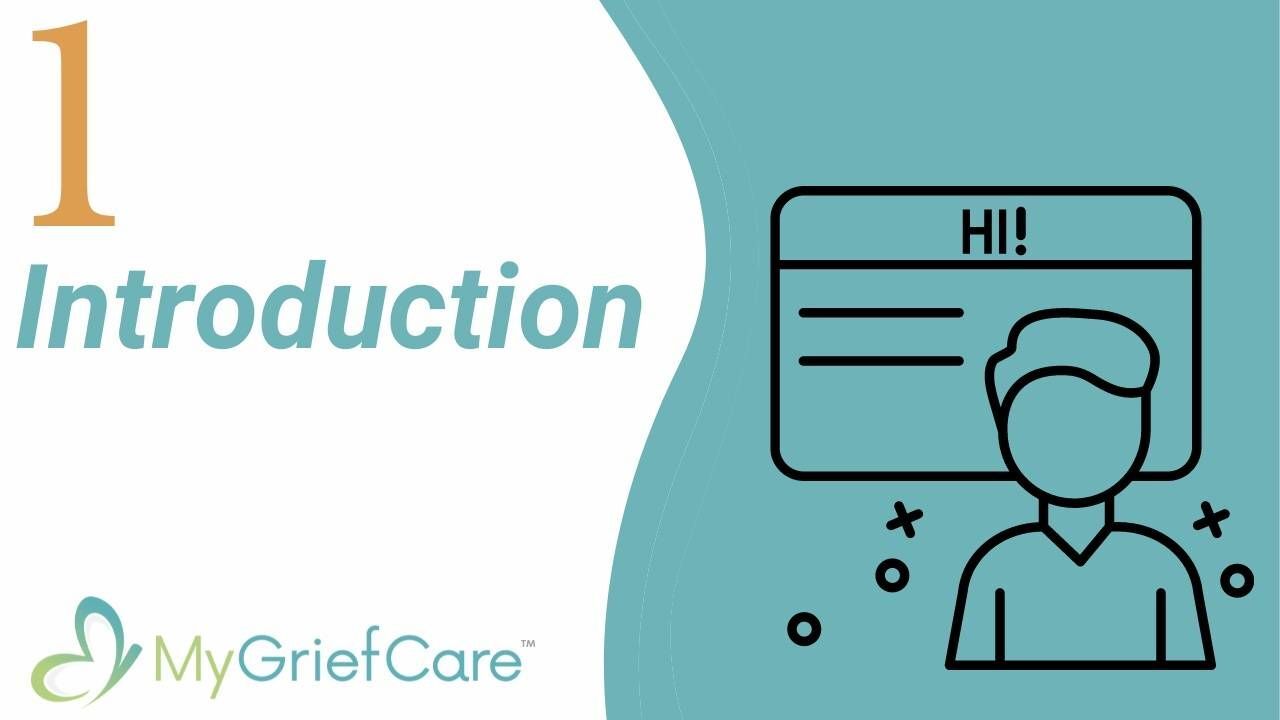
Introduction
-
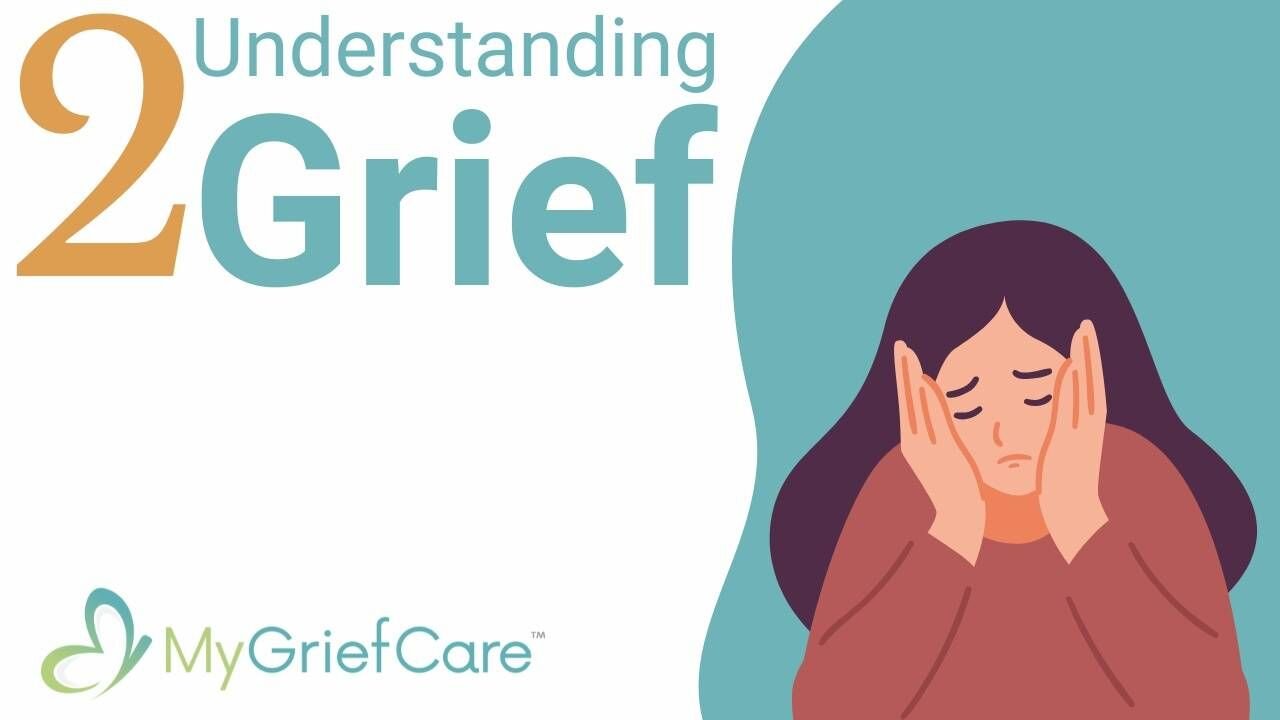
Understanding Grief
-
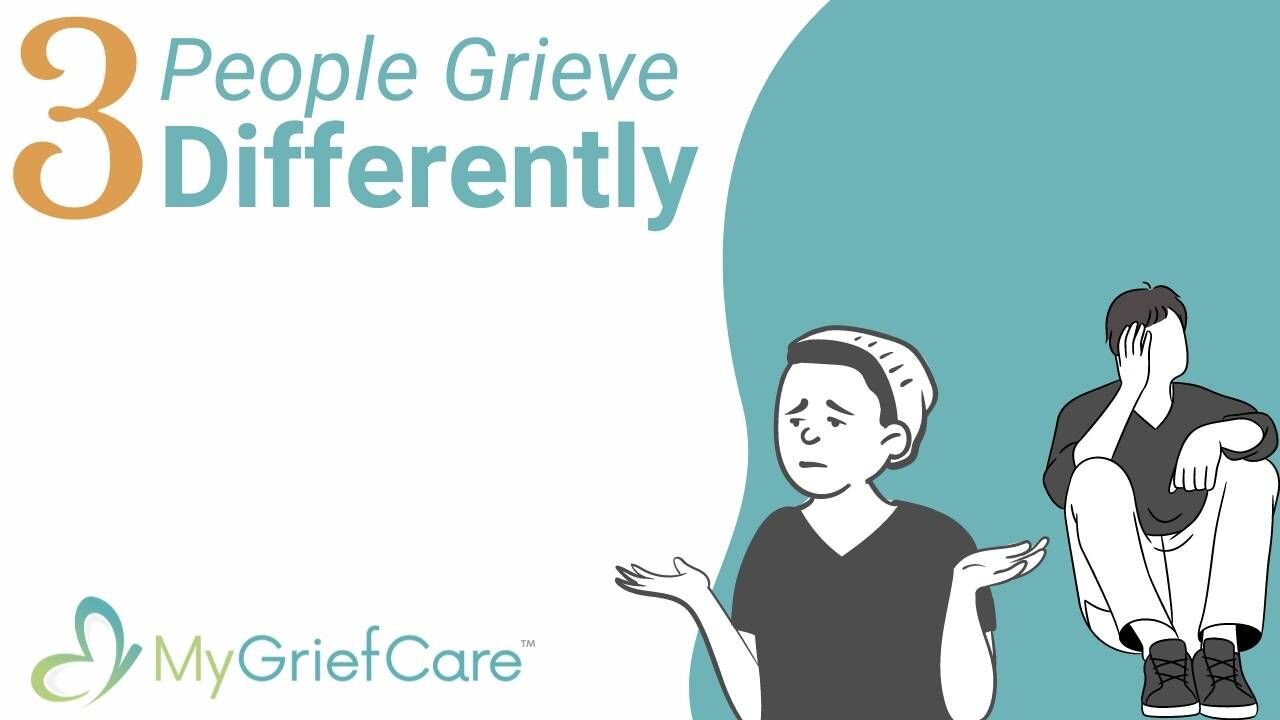
People Grieve Differently
-
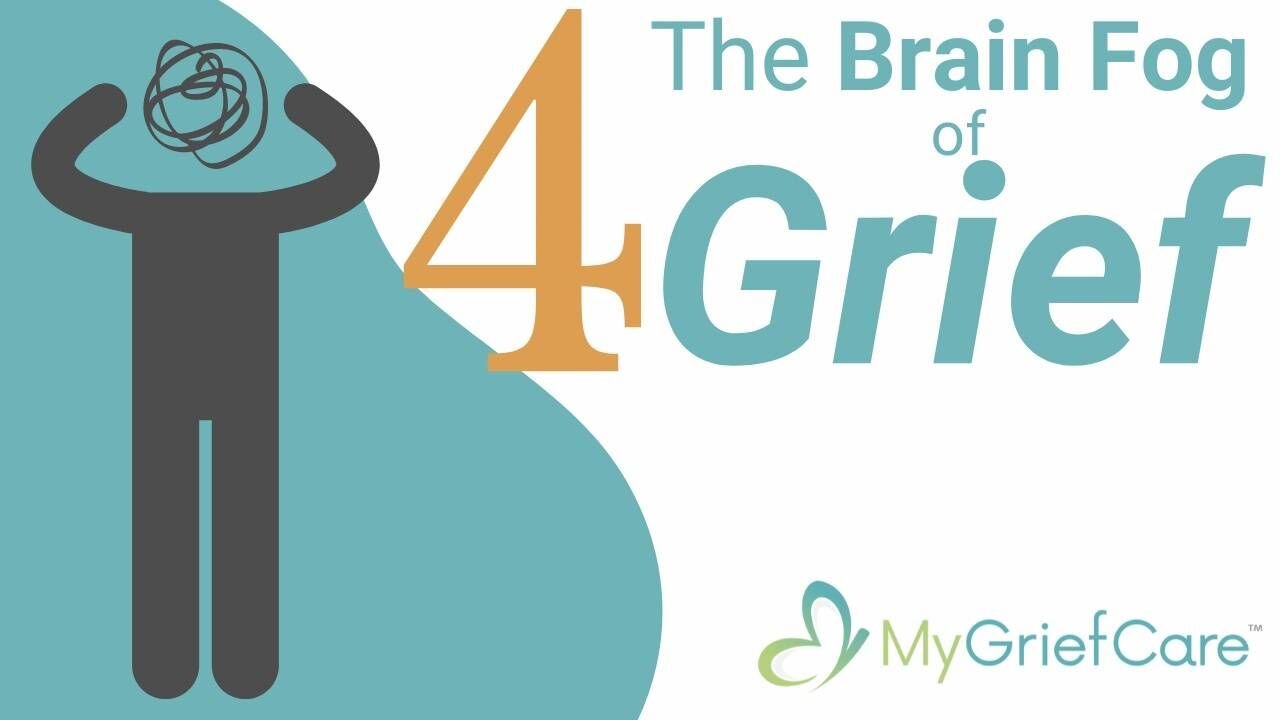
The Brain Fog of Grief
-
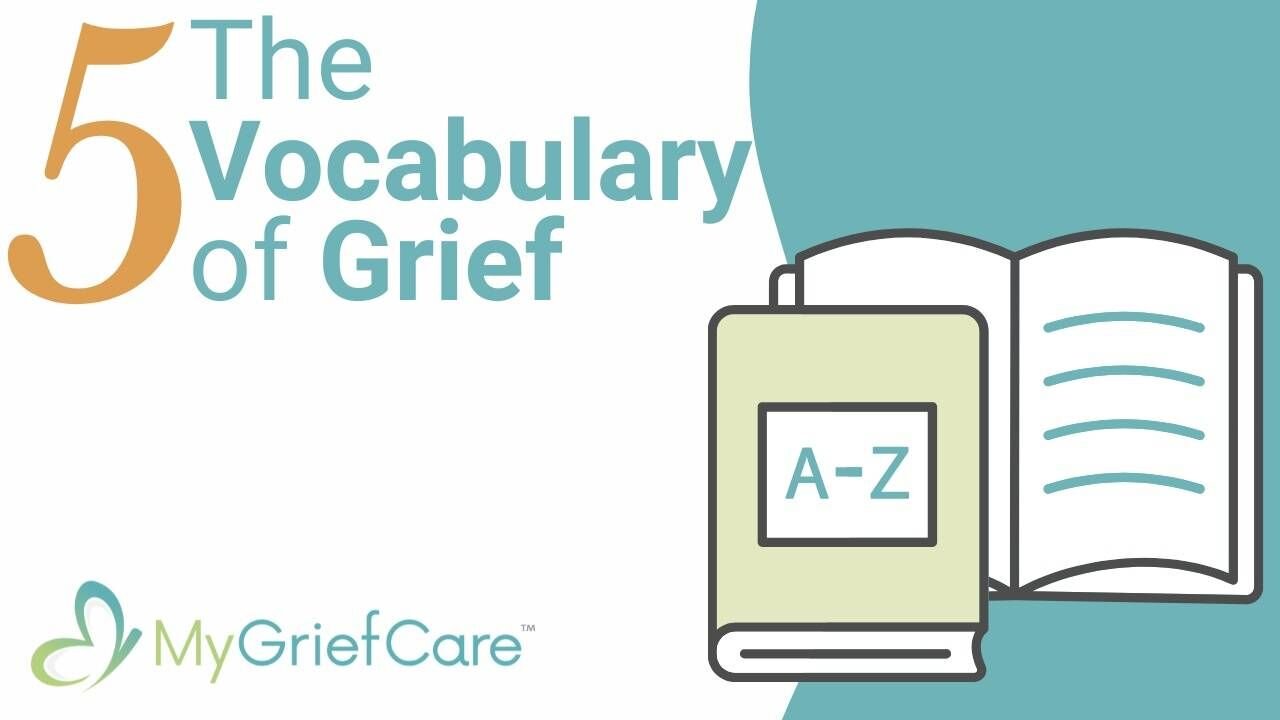
The Vocabulary of Grief
-
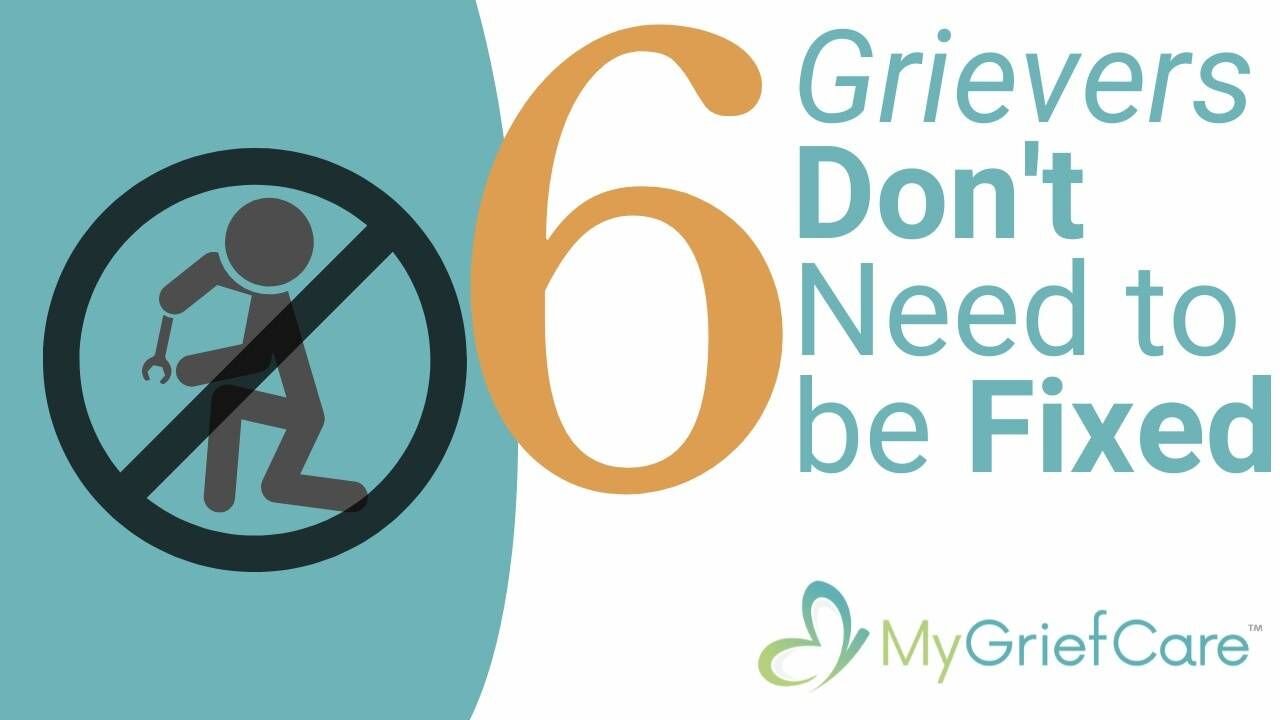
Grievers Don’t Need to be Fixed
-
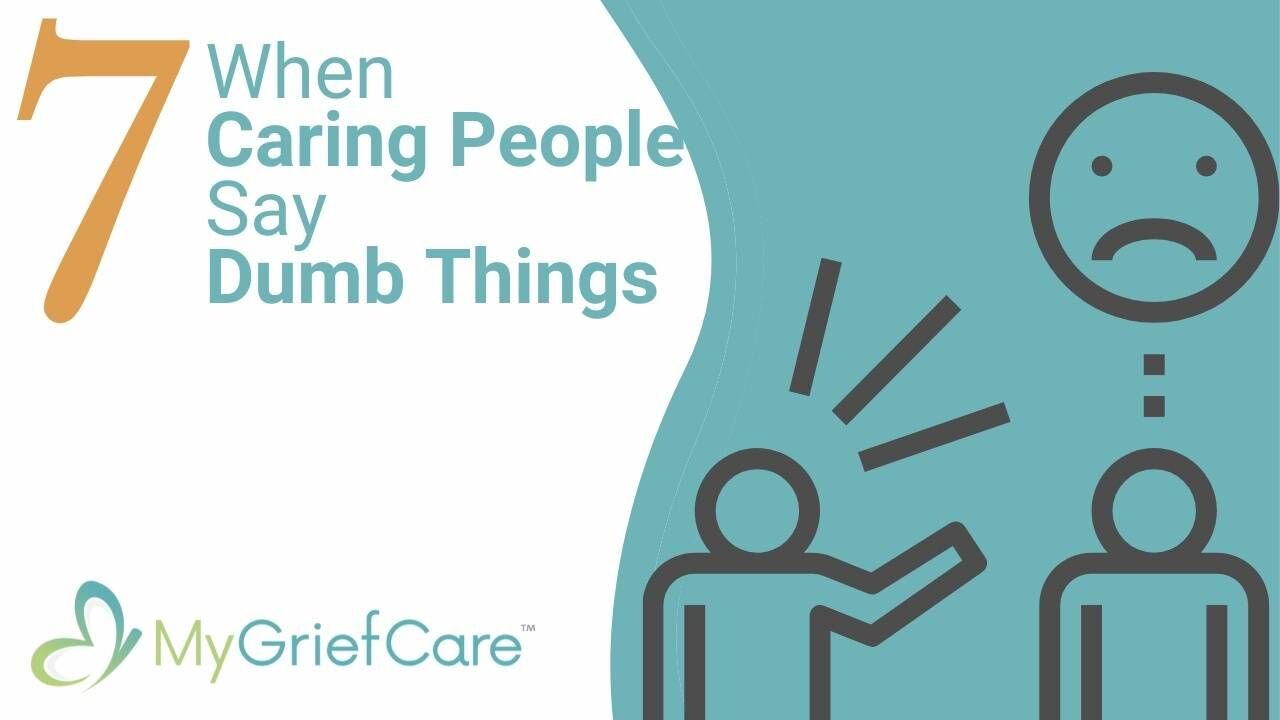
When Caring People Say Dumb Things When You’re Grieving
-
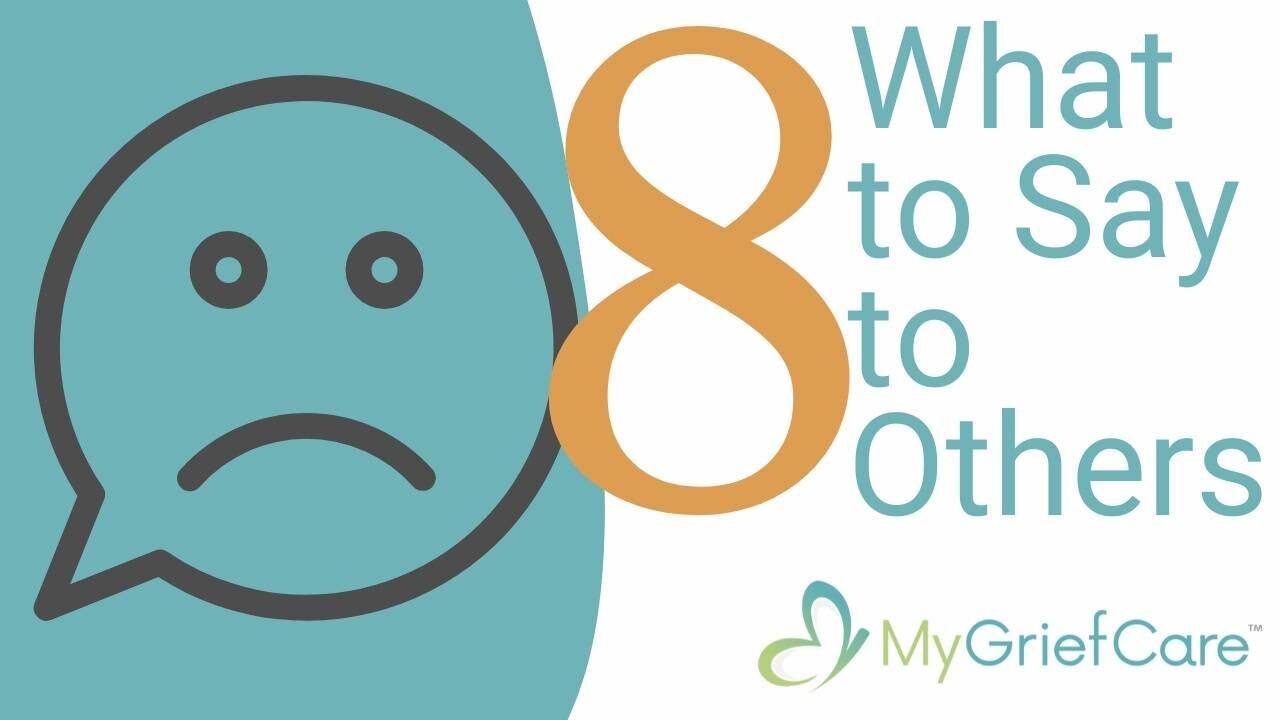
What to Say to Others When You’re Grieving
-
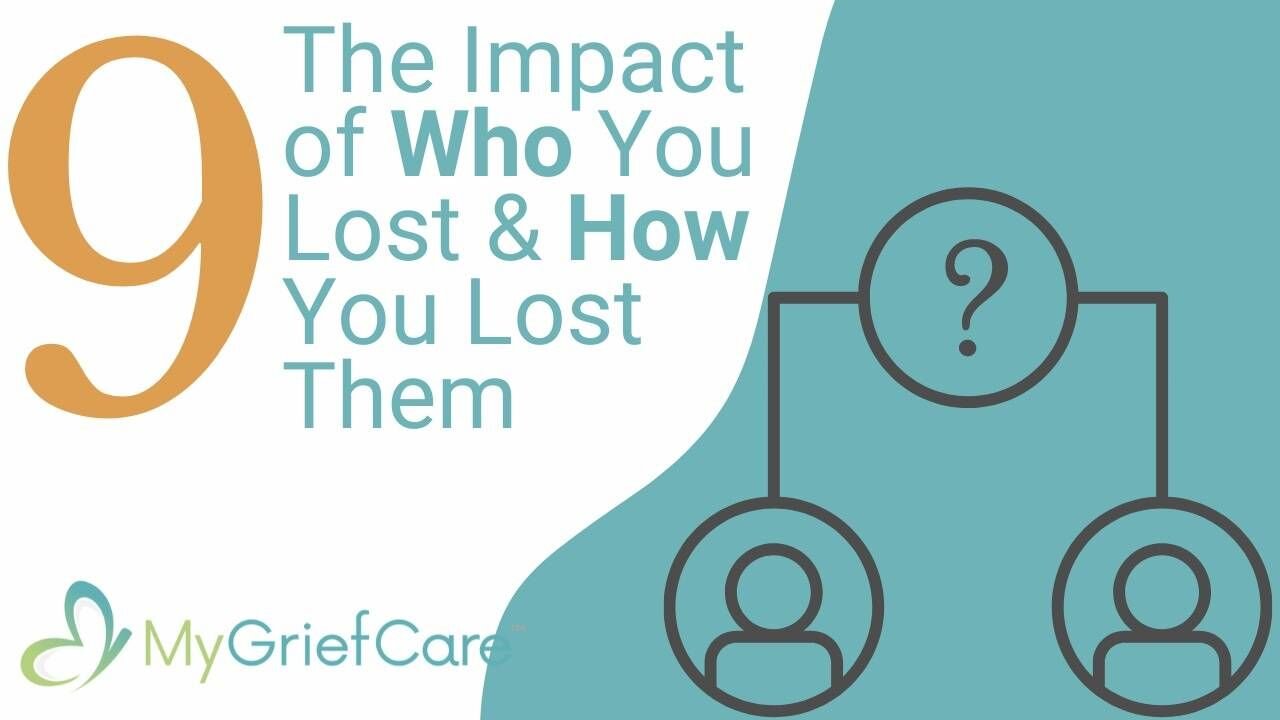
The Impact of Who you Lost and How you Lost Them
-
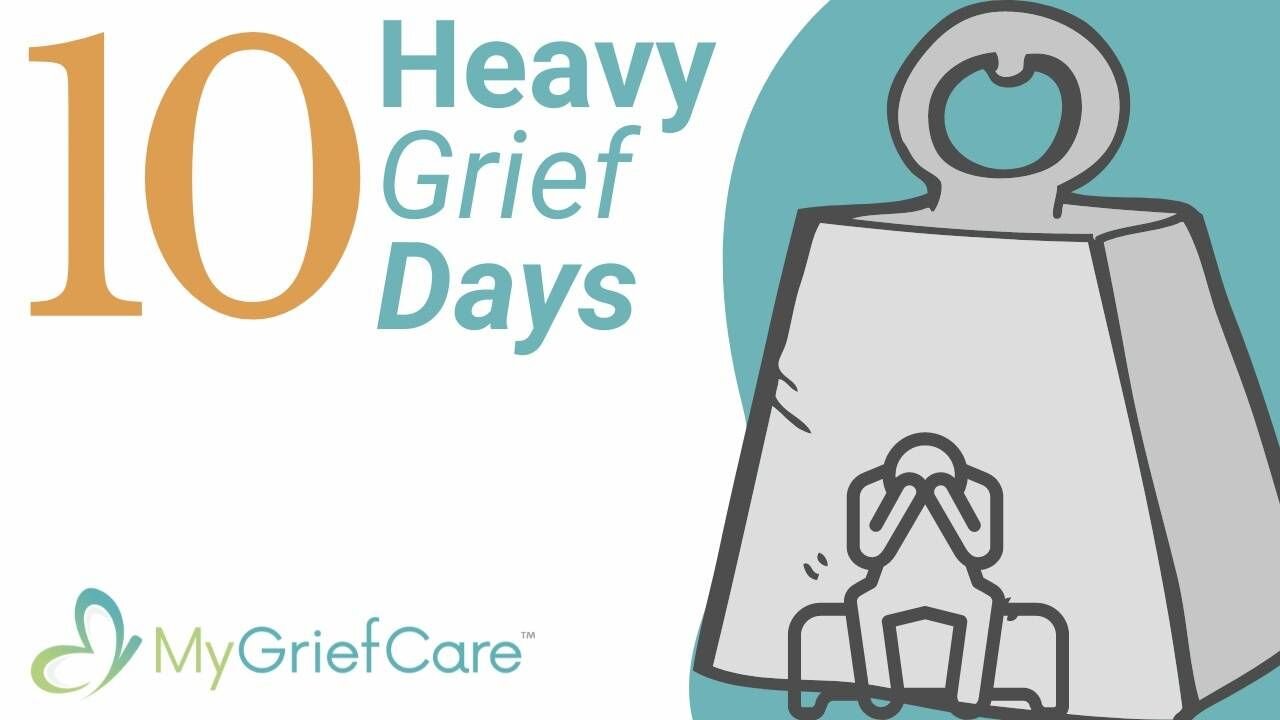
Heavy Grief Days
-
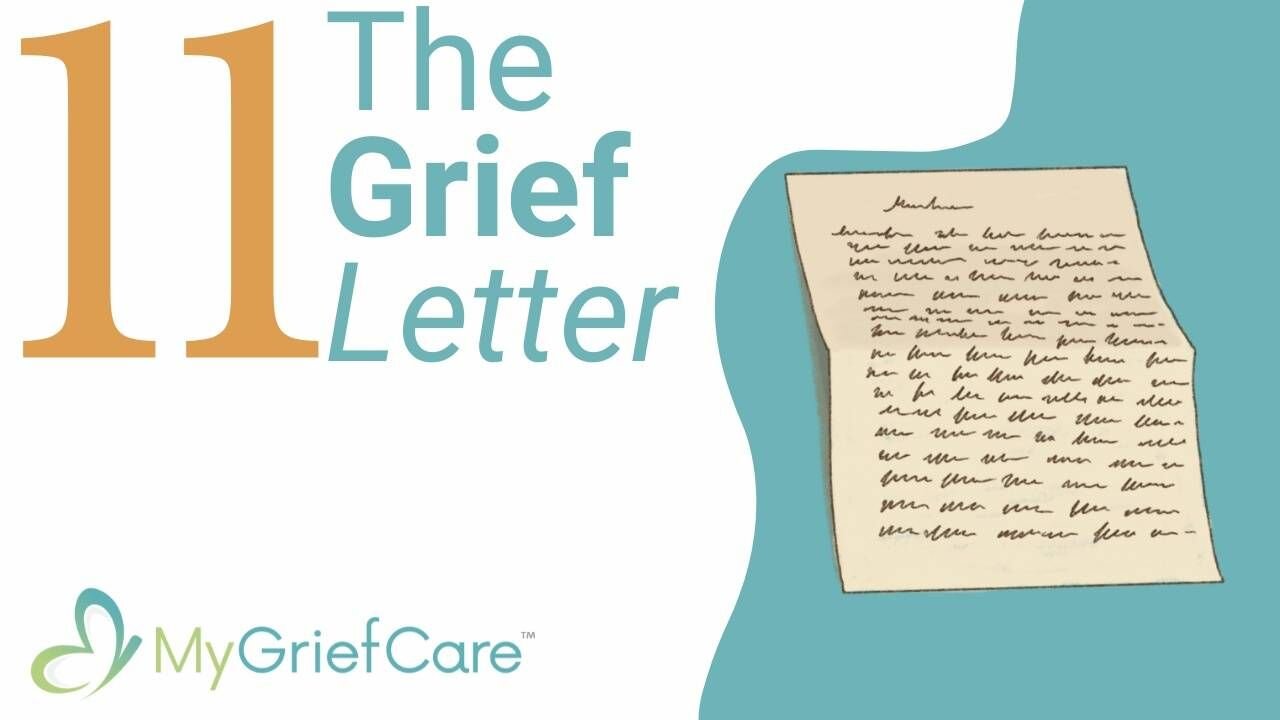
The Grief Letter
-
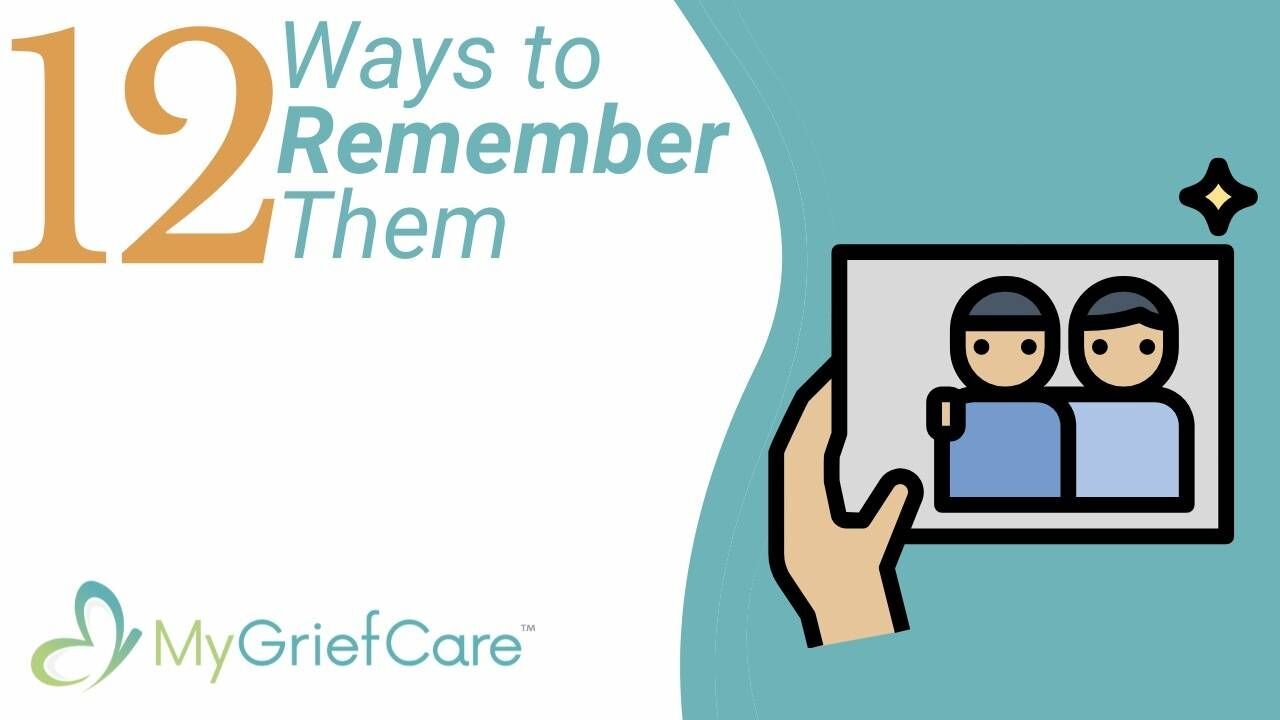
Ways to Remember Them
-
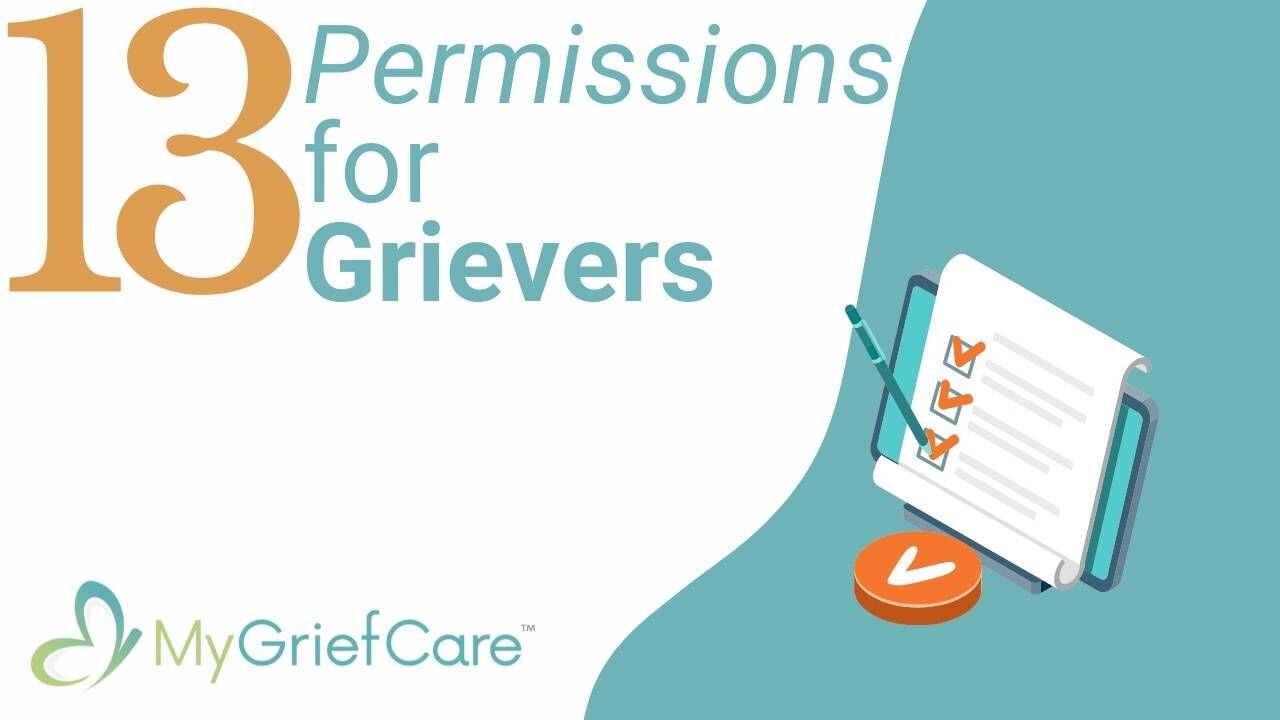
Permissions for Grievers
-

Creating Bright Spots in the Midst of Grief
Episode 8 : What to Say to Others When You’re Grieving
Downloads
Episode NotesWhat to Say to Others
You have probably already learned that people have no idea what to say to you in your grief. But you may find that you don’t know what to say either. This episode prepares you to respond in thoughtful and honest ways which will be good for you and those who care about you.
It is easy for those of us grieving to be really hurt by the things people do or do not say. “How are you?” can seem like a dumb or awkward question. And you are going to get that one all the time. I want to remind you how clueless people are about grief until they have experienced it. They really have no idea what to do so please remember that most people have good intentions and caring hearts but are just lost in this situation.
So with the “How are you?” question, your answer may depend on how much you want to share with that person and what is the state of your brain at the time.
If you just want to get it over with: “I’m fine. Thanks for asking,” will do. Or: “It’s difficult. Thanks for asking,” if you want to put an end to the exchange. You could also share more by saying “I’m really struggling,” “It’s hard,” or “This just sucks.” I would often say: “Not so good. This is really hard. I’m hanging in there.”
Here is a great response if you’re lonely, “I’m not sure how I feel right now, but I would love some company in the next few days.” Any time you can tell people what you need, it will benefit you and them, because they usually want to help, but don’t know what to do.
Practice saying “this is what I need right now.”
You are probably going to get advice on what you should be doing. A good response to that is:
“Thanks for the suggestion but this is what I have decided to do.”
When people try to say things to make you feel better:
“Thanks for caring. I don’t need you to fix it; I just need you to be with me.”
When you are invited to an event and you don’t want to go:
“I’m sorry, but I am just not up to that right now.”
or
“This week has been really difficult, but please keep inviting me. I may not accept for a while, but it sure makes me feel good to be asked.”
Or maybe you want to go but know you may change your mind:
“I’d like to come, but I never know how I am going to feel,so I may change my mind at the last minute. Is that okay with you?”
When someone says “call me if you need anything”:
“Thanks, but I won’t call. I sure would appreciate you checking in on me since I have no idea what I need.”
“You need to move on,” or “You are too emotional”:
I’d like to just stuff it and move on, but the only way to truly heal from grief is to grieve, and that’s what I’m doing. It’s hard to understand unless you’ve been there.
When you start crying in public:
“I’m crying because I lost my _____ and something reminded me of them.”
One of the things I learned to say often to people was that I loved to talk about my husband. So when someone would come over to my house or see me at an event, I would say, “Just so you know, I love to talk about Mark, so feel free to say his name or anything else you would like to share about him. It’s good and painful at the same time, but I like it.” You should have seen the look of relief on people’s faces when I gave them some guidance.
STEPPING STONE:
- What are the questions you need to think of answers for?
- What can you say to others that could guide them on what you need?
REFLECTION:
Telling the truth to others about how you are feeling and what you need will make things more comfortable for you and them. It’s really freeing! Please try it
